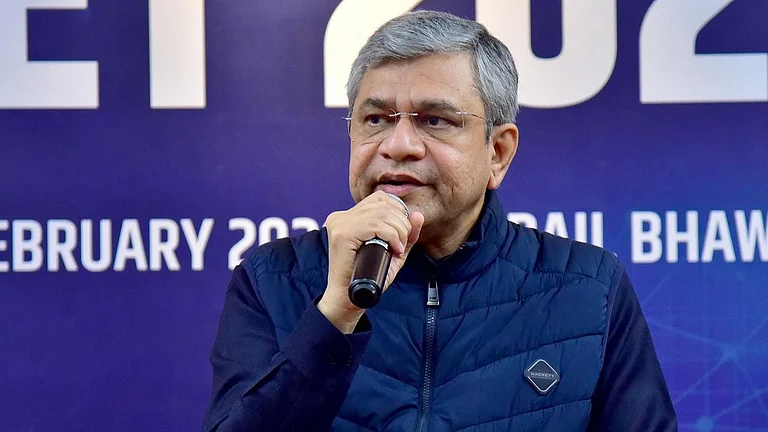
Centre to enforce Online Gaming Act from Oct 1, 2025, banning RMG
Violations carry up to three years' jail and Rs 3 crore fines
RMG platforms suspend services; firms pivot, initiate refunds, announce job cuts
DPDP rules to be notified by Sept 28, 2025; data-regulation obligations incoming
The Centre will bring the Promotion and Regulation of Online Gaming Act, 2025 into force from October 1, 2025, Union IT and Electronics Minister Ashwini Vaishnaw announced on Thursday.
The minister finalised a timetable that will formally outlaw most real-money online gaming (RMG) and related advertising across India. At the same event Vaishnaw said rules for the Digital Personal Data Protection (DPDP) Act, 2023 are also ready and are expected to be notified by September 28, 2025.
Under the new gaming law the government will prohibit money-based online gaming operations, payments and promotions and bar financial institutions from processing transactions for such platforms. Violations carry criminal penalties that can include prison terms and fines, the draft framework cites penalties of up to three years’ imprisonment and/or fines up to Rs 3 crore, depending on the offence.
Industry Fallout
Many RMG operators have already wound down stake-based offerings in anticipation of the enforcement date. Leading platforms, including Dream11, Gameskraft, Games24x7, MPL and PokerBaazi, have said they will suspend real-money services and pivot to alternative lines such as invest-tech, streaming, short-form video and other non-money products.
Several firms have announced job cuts; Gameskraft on Thursday said it laid off more than 120 employees as part of its transition.
Vaishnaw said the ministry consulted banks and industry stakeholders after Parliament approved the bill and will hold “one more round” of talks before October 1, 2025.
Officials flagged refunds of user balances as a key issue and said they have discussed timelines and mechanisms with banks so that customer money can be returned without delaying implementation. The minister added the government would consider additional consultations if firms request more time.
Employment Claims Contested
The industry warned the ban could wipe out hundreds of thousands of jobs and shutter hundreds of startups; the government pushed back on some estimates, saying its own assessment found a far smaller direct workforce.
Earlier industry figures put the sector at several billion dollars in peak value and noted more than $3 billion of investor capital deployed over the last decade.
Several high court petitions seeking interim relief were denied and have been transferred to the Supreme Court, where litigation continues on tax demands and state bans that pre-date the new national law.
Observers say the apex court’s rulings on GST and state measures, and any further legal challenges to the central legislation, will shape how quickly companies can exit real-money services and finalise refunds.
Privacy Rules to Follow
Separately, Vaishnaw said the DPDP Rules, the implementing regulations for India’s long-awaited privacy law, are ready and should be notified by September 28, 2025, "as an outer limit". The ministry plans to publish a set of FAQs after notification to address concerns from journalists, platforms and industry on compliance.
Once the DPDP Rules are in force, organisations will face a fresh set of obligations on personal data handling and consent.
With two major regulatory regimes set to land within weeks, companies in payments, gaming and digital services are racing to update compliance, process refunds and pivot business models.
Key near-term watchpoints are (1) the final wording of the gaming rules and refund timelines, (2) whether the government grants any transitional relief after the last round of consultations, and (3) the DPDP Rules and accompanying FAQs that will determine how firms manage customer data going forward.

































